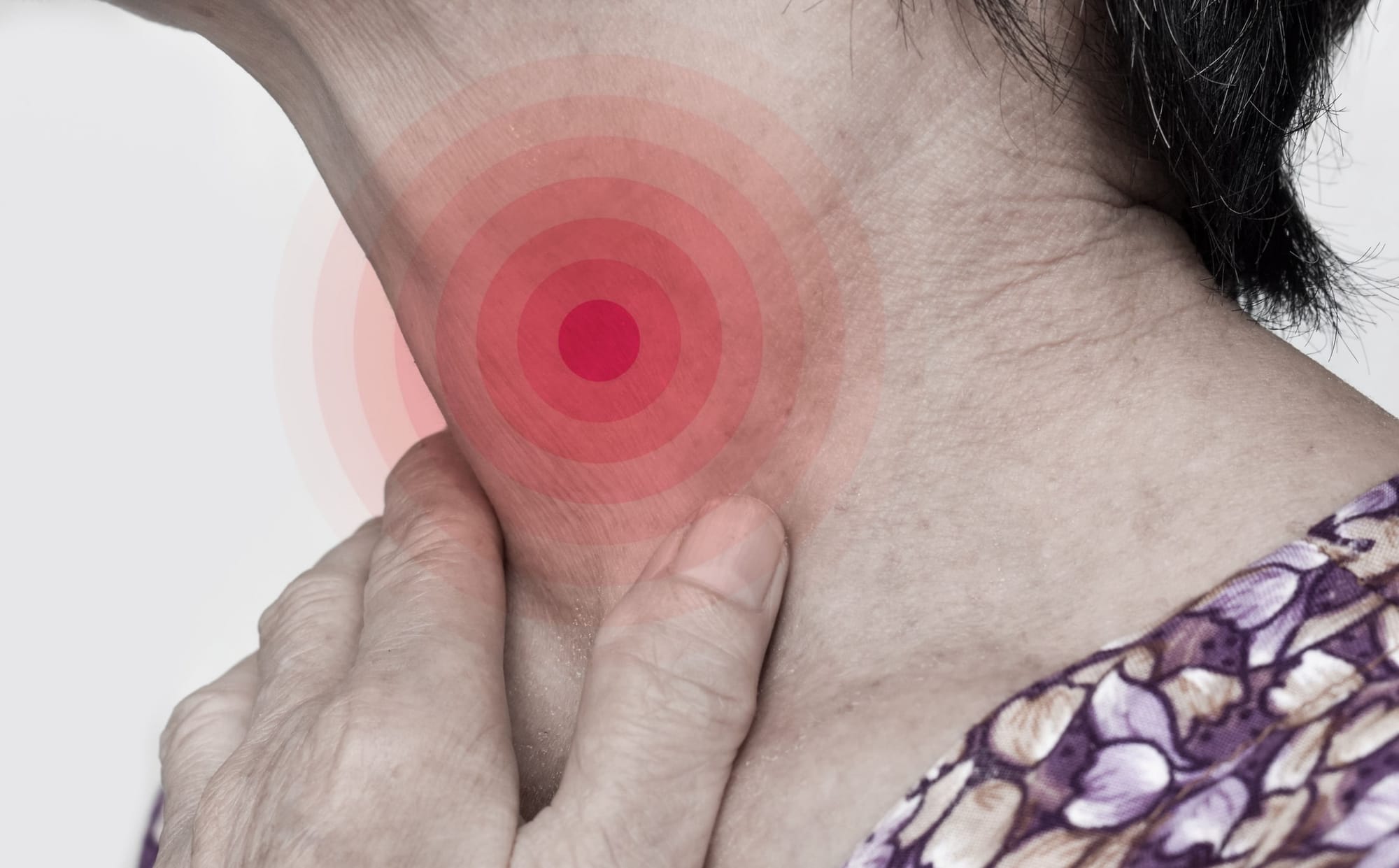
Have you ever, out of nowhere, suddenly felt an uncomfortable tingle at the bottom of your throat or the back of your nose and launched into an uncontrollable coughing fit?
Maybe you were mid-meal with someone. Maybe you were eating too quickly while in a rush. Maybe you weren’t doing anything and your body just decided to choke on a stray bit of saliva. It’s uncomfortable, and probably embarrassing when it happens in public.
Imagine if this happened once every few minutes every time you ate or drank. Or if it was entirely unpredictable and happened periodically with no pattern. As a result, entire food groups are cut out of the diet and a favourite meal can no longer be enjoyed. This is often the reality of people who live with dysphagia, swallowing disorders that impair our innate ability to swallow, food, drinks, medicine, and saliva.
When you keep choking on things that are entering your airway and lungs instead of your stomach, the chances of lung infections increase – and your enthusiasm for brunch with friends probably decreases.
Dysphagia rarely occurs by itself, and is usually the consequence of medical conditions that affect the brain (for example, a stroke) or the muscles and tissues of the head and neck (such as head and neck cancers).
Unsurprisingly, most people are unaware of its existence until they or a loved one is affected. Unfortunately, this lack of awareness seems to also exist among health professionals who could be making timely referrals for the condition, as I recently found.
Widespread lack of awareness
Together with fellow speech pathology researchers from Stanford Healthcare and the University of Hong Kong, I reviewed studies that have examined this lack of awareness in people who could be affected by dysphagia – patients, their family and friends, health professionals, and people who work in food service. And things didn’t look good.
Patients could be experiencing terrible difficulties but normalising symptoms that would otherwise be judged as abnormal by their clinicians.
Family and friends know that patients struggle and are supportive, but may not truly understand how severe andand devastating the struggle can be.
Health professionals who have experience with patients with dysphagia were aware of the condition and its symptoms, but not so much when their practice areas were more general.
And food service staff? If they worked in aged care and healthcare, then they're probably aware. If they worked in restaurants? Unlikely. Which also means they’re unlikely to know how to cater to dysphagia as a dietary need.
As a speech pathologist, I’m one of the few health professionals who receives specialised training to assess, diagnose, and manage dysphagia. But how do I do this if people don’t know that their new swallowing difficulties is a disorder that can be treated? If other health professionals don’t know that their patient not being able to “eat certain foods” anymore is a sign of dysphagia that could be referred to me?
And how do I make sure people with dysphagia can live a fulfilling life when dining out with family and friends becomes a social and physical trial when restaurants don’t make food they can swallow?
We’ve made some attempts to raise awareness. In Australia and the UK, Swallowing Awareness Day usually falls on a day mid-March. In the US, the whole month of June is dedicated to dysphagia awareness (and is one of the few bipartisan-supported statutes over there – a rare treat). The European Society for Swallowing Disorders has proposed a World Swallowing Day for the 12th day of the 12th month.
Do they work? It’s hard to say. But I certainly still get a kick out of people’s reactions when I tell them I study “swallowing”.
Of course, my enthusiasm for explaining “swallowing research” to stunned strangers at parties does not outweigh the need for everyone to be more aware of dysphagia and increase our response time and support for sufferers and their carers.
Symptoms of dysphagia
Here are some things you can watch out for in yourself and in those (of all ages) in your life for possible signs of dysphagia:
- Coughing, choking or frequent throat-clearing during or after eating/drinking
- Long meal time or eating slowly
- Becoming short of breath when swallowing
- Avoiding certain foods
- Unplanned weight loss
- Frequent chest infections without obvious reasons.
If you or someone you know might be experiencing more than a few of the above, consider seeing a speech pathologist who can conduct a comprehensive assessment to see what the problem might be.
The Speech Pathology Australia website has a handy tool, Find a Speech Pathologist, to locate your nearest speech pathologist by specialty. I promise, we don’t bite (but we try to help you bite and swallow better).





